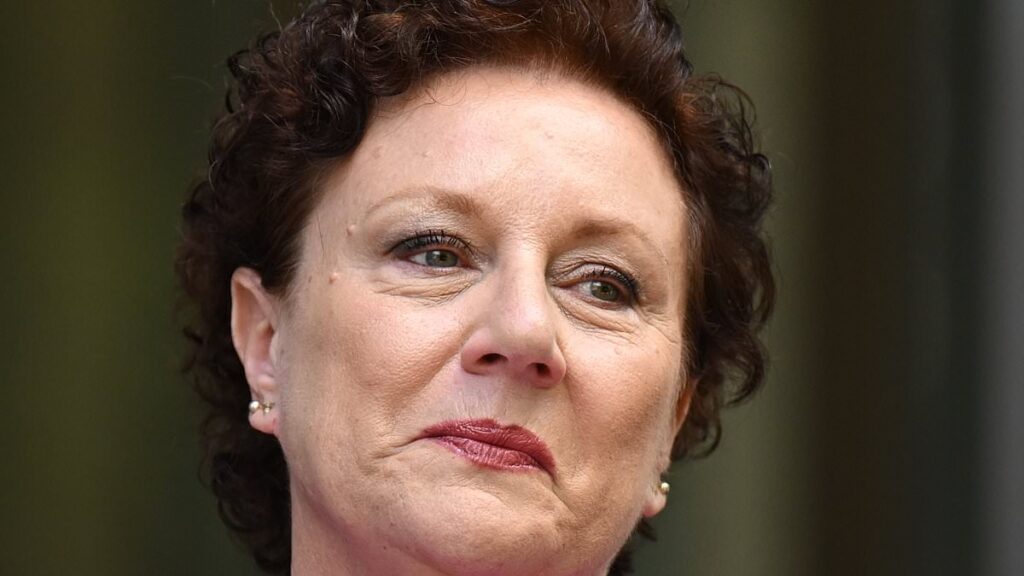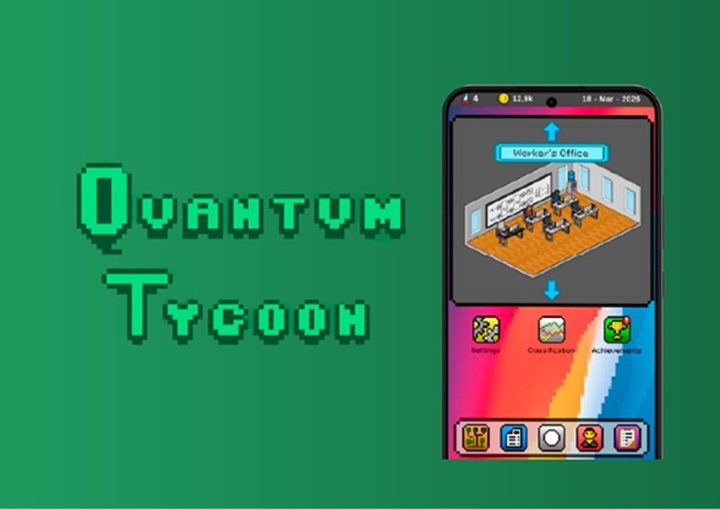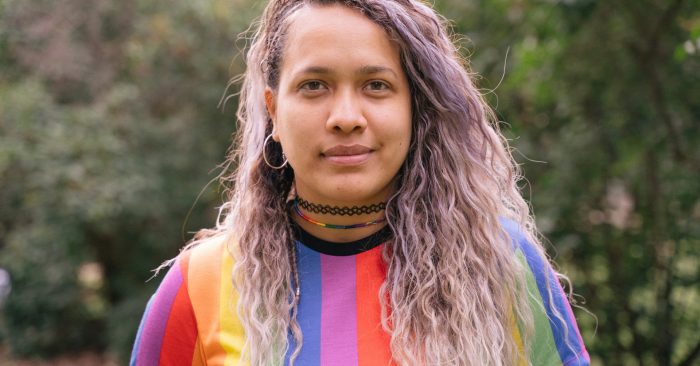
The New South Wales government remains silent on the issue of compensation for Kathleen Folbigg, who spent two decades in prison over the deaths of her four children before being pardoned. Ms. Folbigg was released from Grafton jail in June 2023 after an inquiry found ‘reasonable doubt’ regarding her guilt.
Convicted in 2003, Ms. Folbigg was sentenced to 30 years for the suffocation murders of three of her children and the manslaughter of a fourth. Her children, Caleb, Patrick, Sarah, and Laura, died between 1989 and 1999, aged from 19 days to 18 months. Following her pardon and the quashing of her convictions by the NSW Court of Criminal Appeal in December 2023, her legal team indicated plans to seek compensation from the state.
Government’s Silence and Legal Frustrations
Despite her pardon, Attorney-General Michael Daley has refused to meet with Ms. Folbigg, and NSW Premier Chris Minns’ office has not responded to her lawyer’s communications since August 2024. Ms. Folbigg’s lawyer, Rhanee Rego, criticized the lack of communication from the state government, calling it ‘ludicrous’.
‘Despite repeated requests, I’ve received no substantive information – there is a pattern of avoidance that is becoming increasingly indefensible,’ Ms. Rego told The Daily Telegraph. ‘Kathleen’s case is one of the most significant wrongful convictions in recent Australian history. The fact that no one in government is willing to meet with her speaks volumes.’
The Impact on Kathleen Folbigg’s Life
Since her release, Ms. Folbigg has been living in Newcastle and has struggled to find work. She claims the lack of support from the state government has severely impacted her life, making it difficult to manage the cost of living and secure housing. ‘I just need this to be resolved so I can begin to rebuild and move forward,’ Ms. Folbigg said.
Attorney-General Michael Daley holds the sole decision-making power regarding Ms. Folbigg’s compensation. When questioned by upper house independent MP Robert Borask, Mr. Daley stated, ‘Ms. Folbigg’s application is under active consideration. It is important that the matters raised in Ms. Folbigg’s application are carefully considered. Until such consideration has concluded, it would not be appropriate for me to comment any further.’
Compensation Precedents and Expert Opinions
Experts have estimated that Ms. Folbigg could receive compensation ranging from $1 million to $20 million for her wrongful imprisonment of 7,300 days. Historical cases provide context: in 2023, West Australian man Scott Austic received $1.3 million after serving nearly 13 years for a wrongful conviction. Similarly, David Eastman was awarded $7 million in damages by the ACT Supreme Court in 2019 after his wrongful conviction.
The Attorney-General’s office reiterated that Ms. Folbigg’s application is under consideration, and Mr. Daley did not find it ‘appropriate’ to meet with her. The lack of a clear timeline or process has left Ms. Folbigg and her legal team in limbo.
The Road to Pardon and Scientific Revelations
Ms. Folbigg was initially sentenced to 40 years in jail, reduced to 30 years with a non-parole period of 25 years. In 2018, NSW Attorney-General Mark Speakman announced a Special Commission of Inquiry into her conviction. The inquiry, which led to her pardon, was based on new scientific and medical evidence suggesting a rare genetic condition could have caused her children’s deaths.
Experts presented that the rare genetic variation was a ‘reasonably possible cause’ of Sarah and Laura’s deaths. Myocarditis, an inflammation of the heart, was another potential cause of Laura’s death. Patrick may have died from a neurogenetic disorder, which could have also hospitalized him before his death. These revelations undermined the tendency reasoning used to convict Ms. Folbigg of Caleb’s manslaughter.
Ms. Folbigg has always maintained her innocence and was finally pardoned in June 2023, with her conviction quashed later that year in December.
Looking Ahead: The Fight for Justice
As Ms. Folbigg awaits a decision on compensation, her case continues to highlight significant issues within the judicial system regarding wrongful convictions and the challenges faced by those seeking justice. The outcome of her compensation claim could set a precedent for future cases and influence how the state addresses wrongful imprisonment.
For now, Ms. Folbigg’s life remains in a state of uncertainty, as she and her legal team continue to push for resolution and recognition of the injustices she endured.





